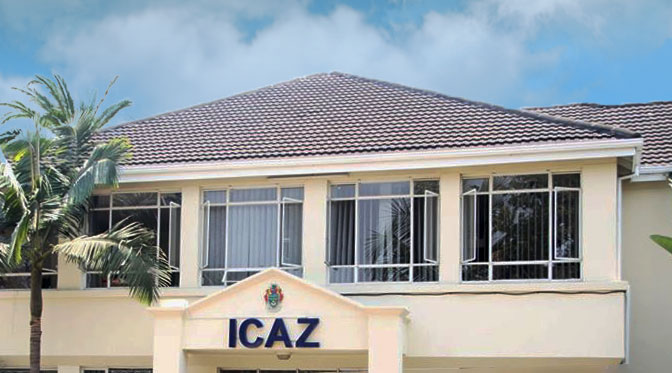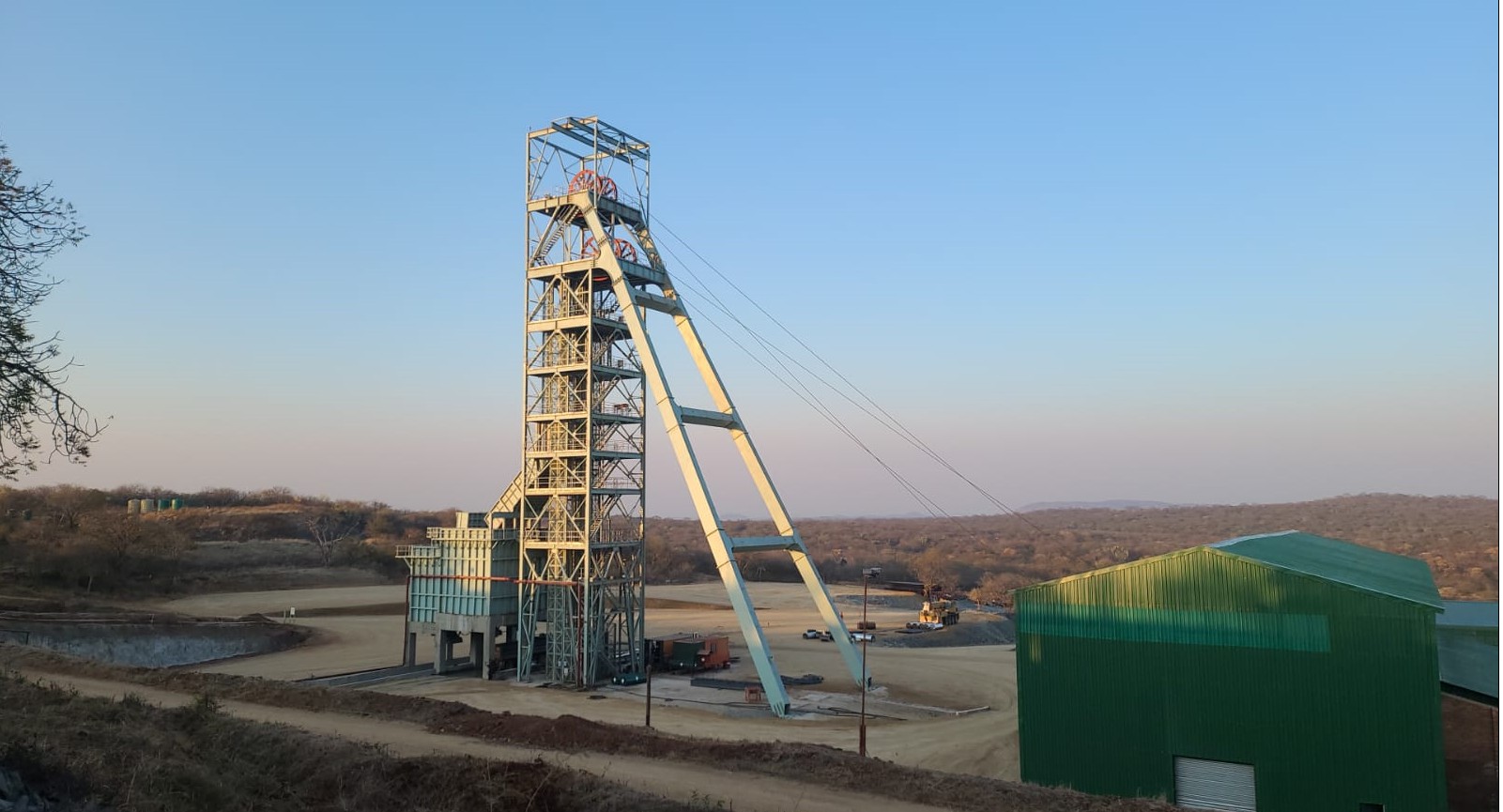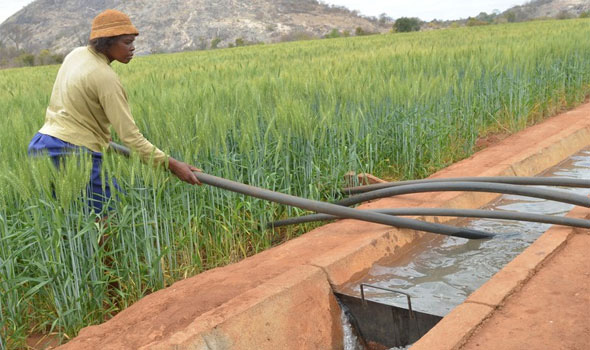Zim key to regional economic stability: SADC
THE Southern African Development Community (SADC) has stressed that Zimbabwe’s economic recovery is vital to regional economic stability, integration and sustainable development.
This comes as the regional body implored the international community to increase its support for Zimbabwe’s debt resolution efforts.
An unsustainable debt position has made external borrowing more expensive, diverted resources towards debt servicing and limited access to long-term concessional financing.
In a statement issued Monday, the regional bloc said SADC executive secretary Mr Elias Magosi had expressed full support for Zimbabwe’s ongoing arrears clearance and debt resolution process.
“On the margins of the IMF and World Bank 2025 Spring Meetings, the SADC executive secretary Elias Magosi today, April 21, 2025, participated in Zimbabwe’s arrears clearance and debt resolution process briefing and advocated for expanded international support, adding that Zimbabwe’s economic recovery is critical to the Southern African Development Community’s regional stability, economic integration and sustainable development,” Sadc said.
Mr Magosi is engaging global partners during his participation in the International Monetary Fund (IMF) and World Bank Spring Meetings in Washington DC, US, from April 21 to 26, 2025.
His presence at the global platform where pressing development issues are discussed underscores SADC’s commitment to fostering international cooperation and strategic engagement.
SADC is a regional organisation of 16 member states in Southern Africa. It aims to promote regional integration and sustainable economic growth through cooperation and development, ultimately strengthening the region’s role in the global economy
Zimbabwe has long affirmed its commitment to implementing the wide-ranging reforms underpinning the debt resolution framework.
Authorities have pledged to continue working with key stakeholders toward a viable, sustainable solution to the country’s debt burden.
Unlocking access to fresh international financing hinges on successfully clearing arrears and resolving longstanding debt issues.
Zimbabwe’s constrained access to affordable, long-term financing has undermined its efforts to stabilise the domestic currency and fund critical development programs.
Currently, Zimbabwe’s sovereign debt stands at US$21 billion.
External debt, at US$12,3 billion, constitutes the largest chunk of the sovereign liability.
The external debt is owed to bilateral and multilateral creditors, with the latter accounting for US$3,1 billion.
Out of this multilateral debt, US$681 million is owed to the AfDB, US$1,5 billion to the World Bank, and US$427 million to the European Investment Bank.
A significant portion of this, particularly external debt, is in arrears, effectively blocking the country from accessing concessional loans from multilateral lenders like the World Bank and the African Development Bank (AfDB).
In a major step to bolster Zimbabwe’s debt resolution efforts, in 2022, President Mnangagwa appointed AfDB President Dr Akinwumi Adesina the Champion of the debt clearance process.
Former Mozambican President Joaquim Chissano was named High-Level Facilitator of the process, underscoring the importance of coordinated, high-level engagement in resolving Zimbabwe’s debt crisis.
The Southern African nation has made significant progress, particularly over the last two years, through the Structured Dialogue platform with creditors and development partners.
Zimbabwe is pursuing reforms under three Sector Working Groups: Economic Reforms, Governance Reforms and Land Reforms, with the ultimate goal to achieve sustainable debt resolution and unlock new funding.-herald










